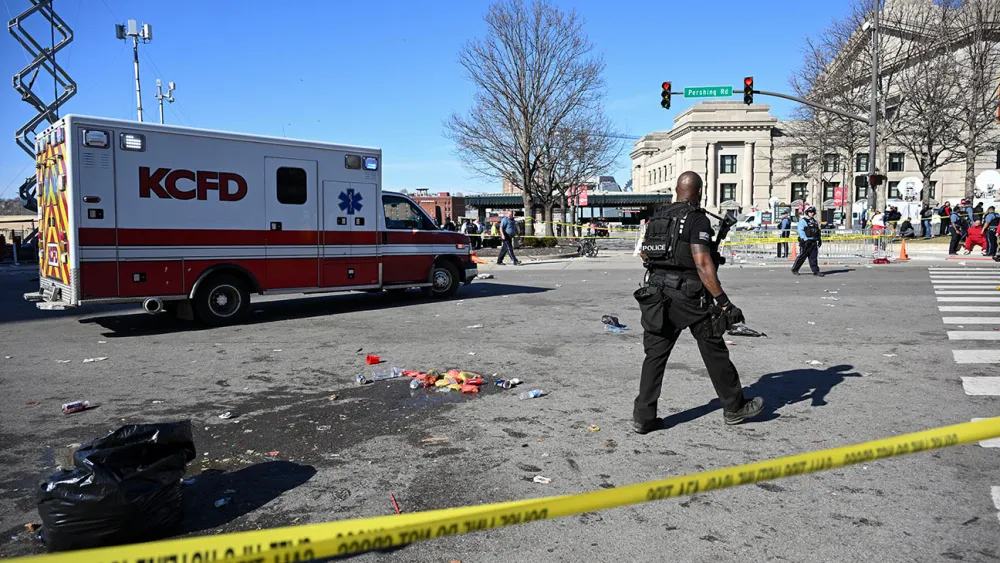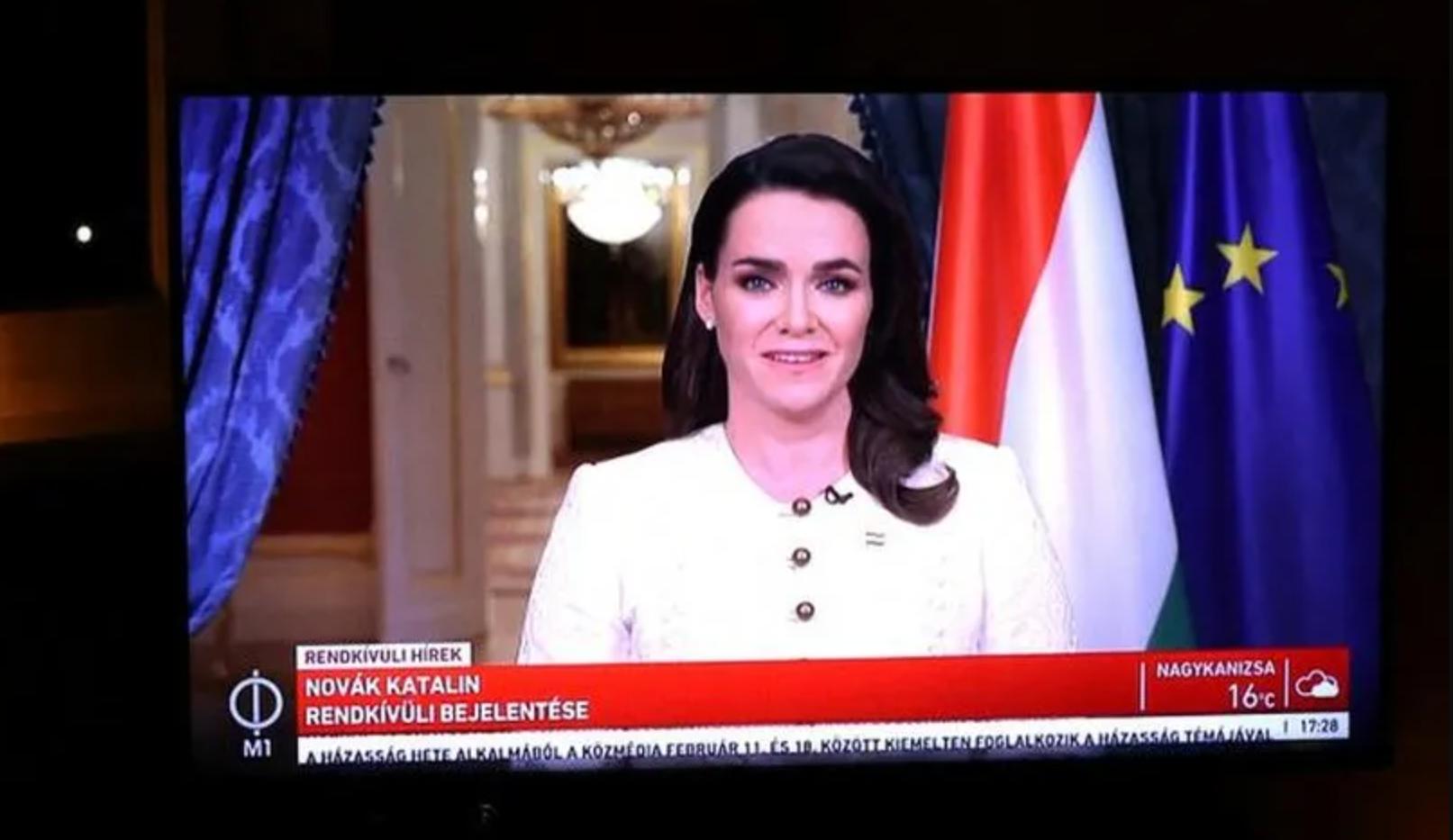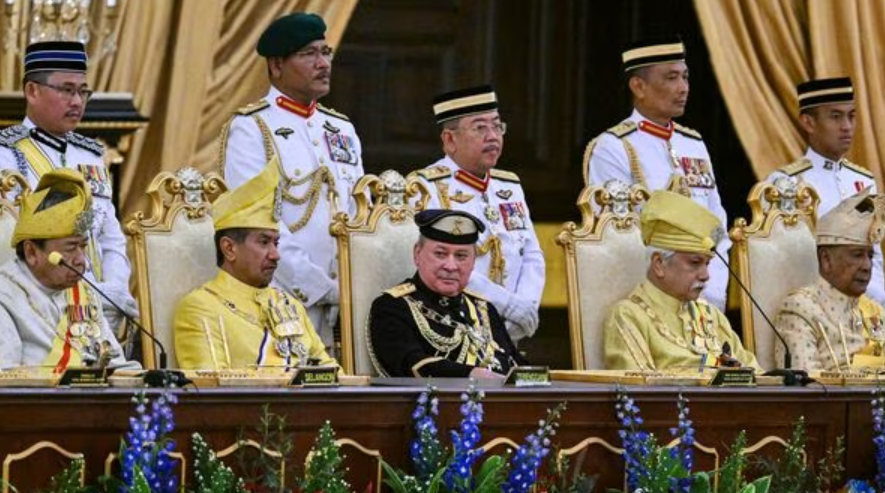The Hong Kong security bill, which the Chinese parliament is due to deal with on Thursday, refers only to “a handful of criminals,” chief executive Carrie Lam said on Tuesday, in order to reassure law enforcement officials. Foreign investors concerned about freedoms in the former British colony.
China’s central government on Friday presented a highly controversial text to parliament to ban “treason, secession, sedition and subversion” in Hong Kong.
On Sunday, the Chinese foreign minister called for it to be applied “without delay.”
This reaction after months of massive, often violent, protests in Hong Kong in 2019 is also a response to the inability of local authorities to pass this test, which had already sparked a rally in the territory in the past.
Many Hong Kong citizens see this law as the most severe violation to date of the “one country, two systems” principle, which allegedly guarantees Hong Kong unknown freedoms elsewhere in China until 2047.
A concern shared by some western capitals and by foreign investors.
Lam, at the helm of an executive fully aligned with Beijing, on Tuesday deemed concern for Hong Kong’s freedoms “totally unfounded.”
The bill “only targets a handful of criminals and protects the vast majority of law-abiding and peace-loving inhabitants,” Lam told reporters.
Words echoing those uttered the previous day by China’s representative in Hong Kong, Xie Feng, who told diplomats and foreign businessmen that “there is absolutely no reason to panic” in the face of a law aimed at “violent and terrorist forces”.
From June to December, Hong Kong experienced its worst political crisis since its 1997 recession, with an unprecedented challenge to Chinese tutelage and Beijing’s interference. Violent clashes with the riot forces plagued this movement.
– destabilize the nation –
Beijing did not stop presenting this protest as a foreign-supported plot to destabilize the country.
For their part, supporters of democracy claim that the street was the only means of making themselves heard without universal suffrage.
After a long hiatus due to the pandemic coronavirus epidemic, thousands of people protested Sunday again in response to the security bill.
The exact text of the bill is not known, but the Chinese parliament laid out its broad lines last week and should, in principle, approve it by Thursday for it to take effect in the course of the boreal summer.
One cause for concern is the provision that would allow Chinese police officers to operate in Hong Kong, whose justice is supposed to be independent.
Many see it as a risk of repression against dissent, as anti-subversion laws are frequently used in China against critics of the regime.
At Tuesday’s press conference, Lam added that anti-government protests would continue to be allowed if “they are carried out legally.”
In the coming days, new mobilizations are planned in the semi-autonomous territory despite the prohibitions on assembly.
The United States threatens sanctions on China.
O’Brien recalled that Beijing committed in 1984, after the resignation of the United Kingdom from what was its last Asian colony, to respect the autonomy of Hong Kong until 2047. The effective transfer of the territory took place in 1997. The Security Adviser Nacional noted that the law on the table violates that agreement. “With that law, it seems that they are going to take over Hong Kong and, if they do, probably the Secretary of State [Mike Pompeo] will be unable to certify that Hong Kong maintains a high degree of autonomy. And, if that happens, sanctions will be imposed on both,” he explained in the NBA’s ‘Meet the press’ program.

“It is hard for me to see how Hong Kong can continue to be the Asian financial centre that it has become if China finally takes control. It seems to me like a big mistake on the part of Beijing. The financial community would not stay in that place, ”
said Robert O’Brien in another interview on CBS, collected by AFP.








